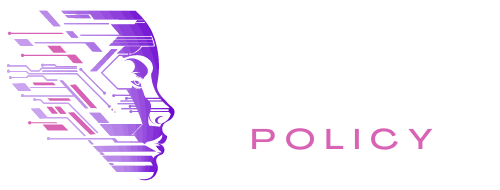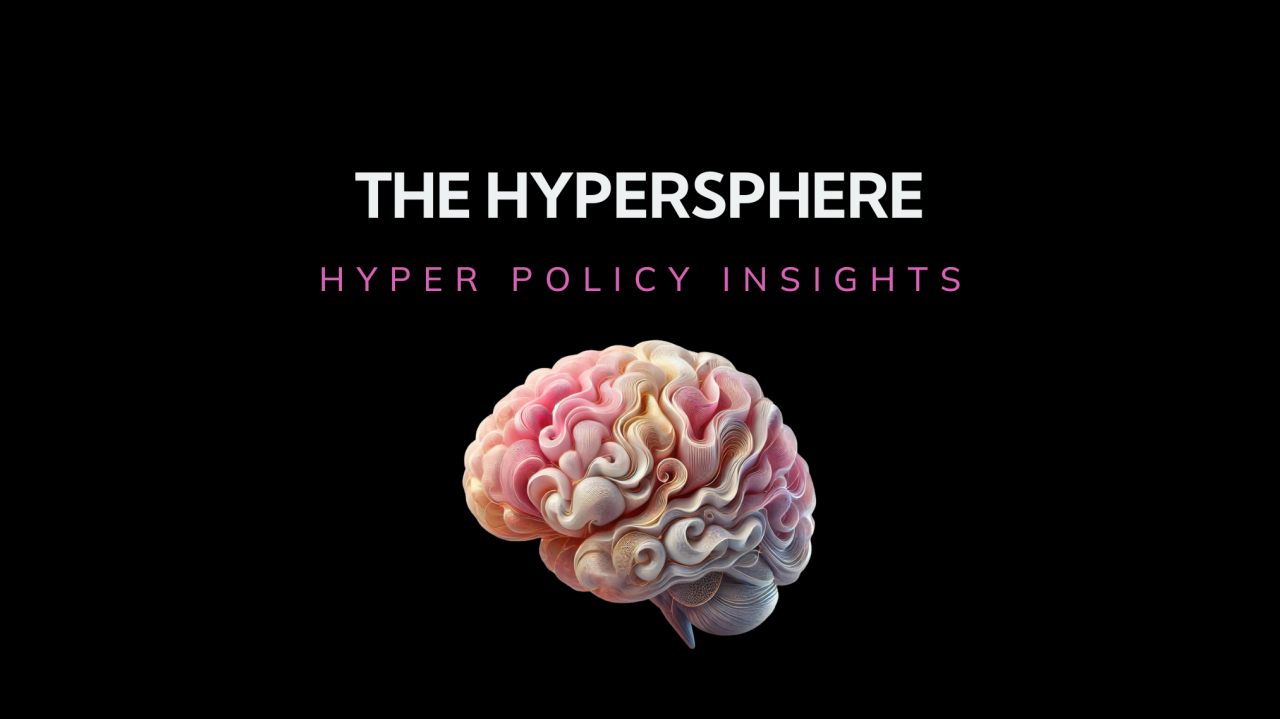Introduction
Data science and data engineering are integral to the development of Artificial Intelligence. Data science drives insights and informs decision-making, while data engineering constructs the infrastructure that enables AI to handle large volumes of data. Both fields are essential, yet women remain significantly underrepresented, creating a gender imbalance that impacts the inclusivity and effectiveness of AI. When diverse perspectives are missing from data analysis and engineering, AI systems risk biases, inefficiencies, and limited viewpoints. Hyper Policy stresses the importance of increasing the participation of women in data science and data engineering to strengthen the foundation of AI and make sure that its advancements benefit a broad spectrum of society.
Focus
The focus lies in bolstering an inclusive environment that supports and promotes women in both data science and data engineering. This involves advancing educational pathways, providing career development resources, and building supportive networks that help women enter, succeed, and lead in these fields. Encouraging women to pursue careers in data science and data engineering through targeted educational initiatives such as scholarships, awareness programs, and mentorship opportunities can cultivate a generation of female experts in AI-related fields.
For data science, the emphasis is on equipping women with the analytical skills to interpret complex data in ways that reflect varied social and cultural contexts. For data engineering, the goal is to develop the technical skills needed to build robust and scalable data infrastructure. By bridging these gaps, we can cultivate a more diverse talent pool that brings unique perspectives and innovative problem-solving approaches to AI development.
Collaborations with educational institutions and tech companies are essential to achieving these goals. By creating industry partnerships and mentorship programs, women in data science and data engineering can gain exposure to real-world applications and build networks that propel their careers. Additionally, hosting workshops, hackathons, and industry events focused on data and AI can increase visibility for women in these fields, empowering them to take on leadership roles.
Concern
The underrepresentation of women in data science and data engineering leads to several key concerns. In data science, the absence of diverse perspectives can result in biased algorithms and misinterpretations of data that may lead to unfair outcomes in AI systems. These biases not only limit the functionality of AI but also raise ethical concerns, as AI systems that do not account for diverse experiences risk alienating or even disadvantaging certain groups.
In data engineering, the lack of female representation can result in a narrow approach to designing and maintaining data infrastructures. This homogeneity may overlook potential vulnerabilities and inefficiencies, limiting the robustness and adaptability of AI applications. Furthermore, the shortage of women in these fields perpetuates the gender gap, creating a cycle where women are less likely to see themselves represented and, consequently, may not pursue these career paths. This exclusion diminishes the diversity of ideas, limiting innovation and hindering the AI industry’s ability to develop holistic, culturally informed best practices.
Proposed Action
Hyper Policy advocates for a range of strategic actions to increase the presence and influence of women in data scienceand data engineering, thus contributing to a more inclusive AI landscape. Educational support through expanded scholarships, grants, and internship programs for women pursuing degrees in data science, data engineering, and related fields can make these disciplines more accessible. Collaborations with universities and technical schools to create tailored programs that attract and retain female students are essential to cultivating interest early in their academic careers.
Developing certification programs and technical training specifically aimed at women can help bridge skill gaps, providing them with the necessary credentials and expertise to excel in data science and engineering roles. Partnerships with tech companies can offer hands-on training, industry placements, and apprenticeships to equip women with real-world experience in data handling, analysis, and infrastructure development.
Establishing mentorship programs that connect aspiring women data scientists and engineers with experienced professionals can provide invaluable guidance, career advice, and networking opportunities. Additionally, fostering communities and support networks for women in these fields can create a collaborative environment where they can share knowledge, experiences, and resources. This network of support can also encourage women to aspire to leadership roles and influence within their fields.
Encouraging companies to adopt hiring practices that prioritize diversity in data science and engineering teams is crucial. This can include practices like diverse interview panels, bias training for recruiters, and clear career growth paths within organizations. Leadership development programs can also help prepare women for advanced roles, increasing their representation in decision-making positions within the AI industry.
Launching campaigns to highlight the importance of women in data science and engineering and showcasing the success stories of women leaders in these fields can inspire a new generation of female professionals. Media coverage, speaking engagements, and recognition at industry events can normalize the presence of women in AI development, making these roles more visible and attractive to future talent.
By committing to these strategies, Hyper Policy aims to address the gender imbalance in data science and data engineering, ultimately creating a more innovative, resilient, and equitable AI ecosystem. The inclusion of women in these roles is not only a matter of fairness but also essential for the development of AI systems that are capable of addressing the complex needs of our diverse world. This inclusive approach will enable AI to better reflect and serve society, transforming it into a technology that truly resonates across all demographics and cultures.
The HyperSphere: HyperPolicy Insights is a series of focused, concise analyses on the latest advancements, ethical challenges, and policy developments surrounding emerging technologies, artificial intelligence (AI), the Metaverse, and responsible innovation. It aims to provide thought leadership and actionable insights to guide the ethical use of technology in an increasingly accelerated and complex landscape.

